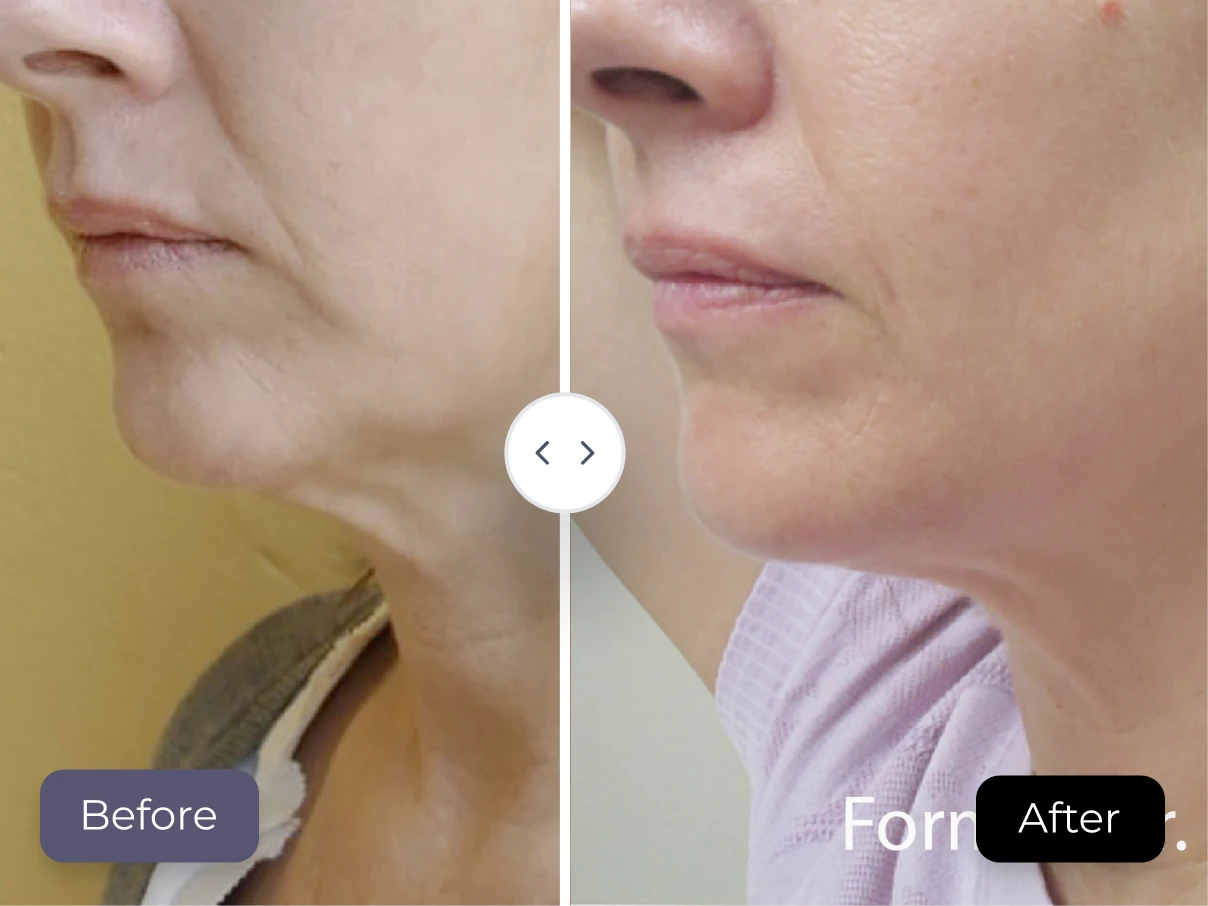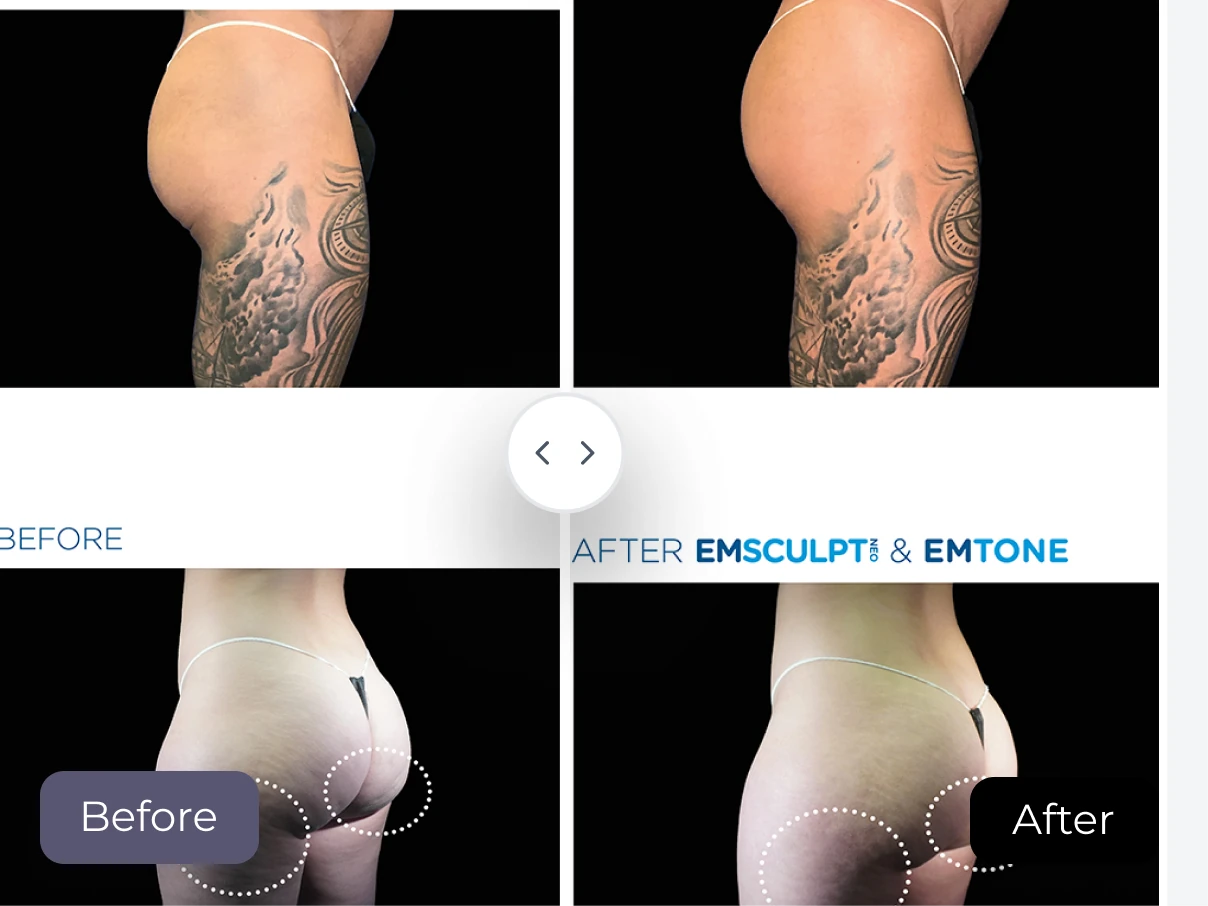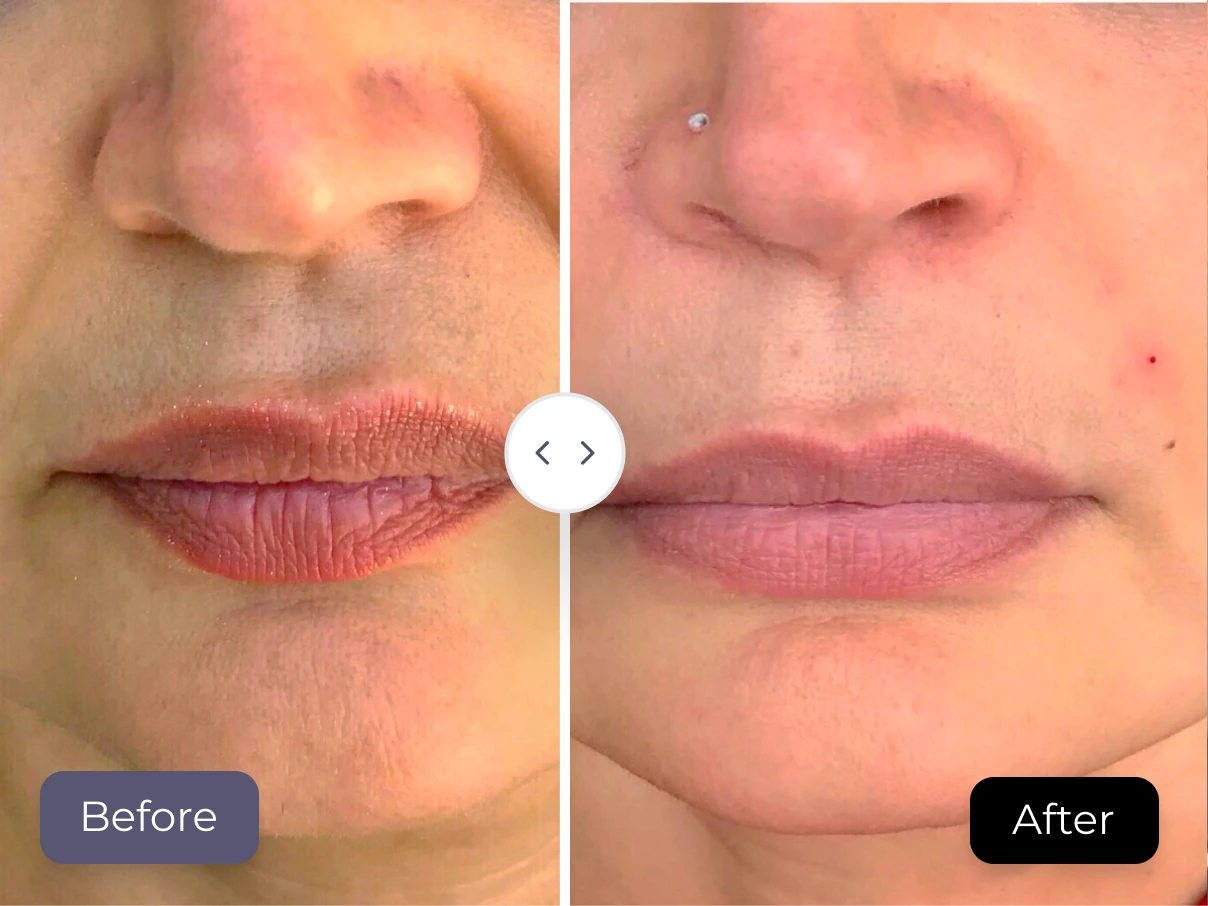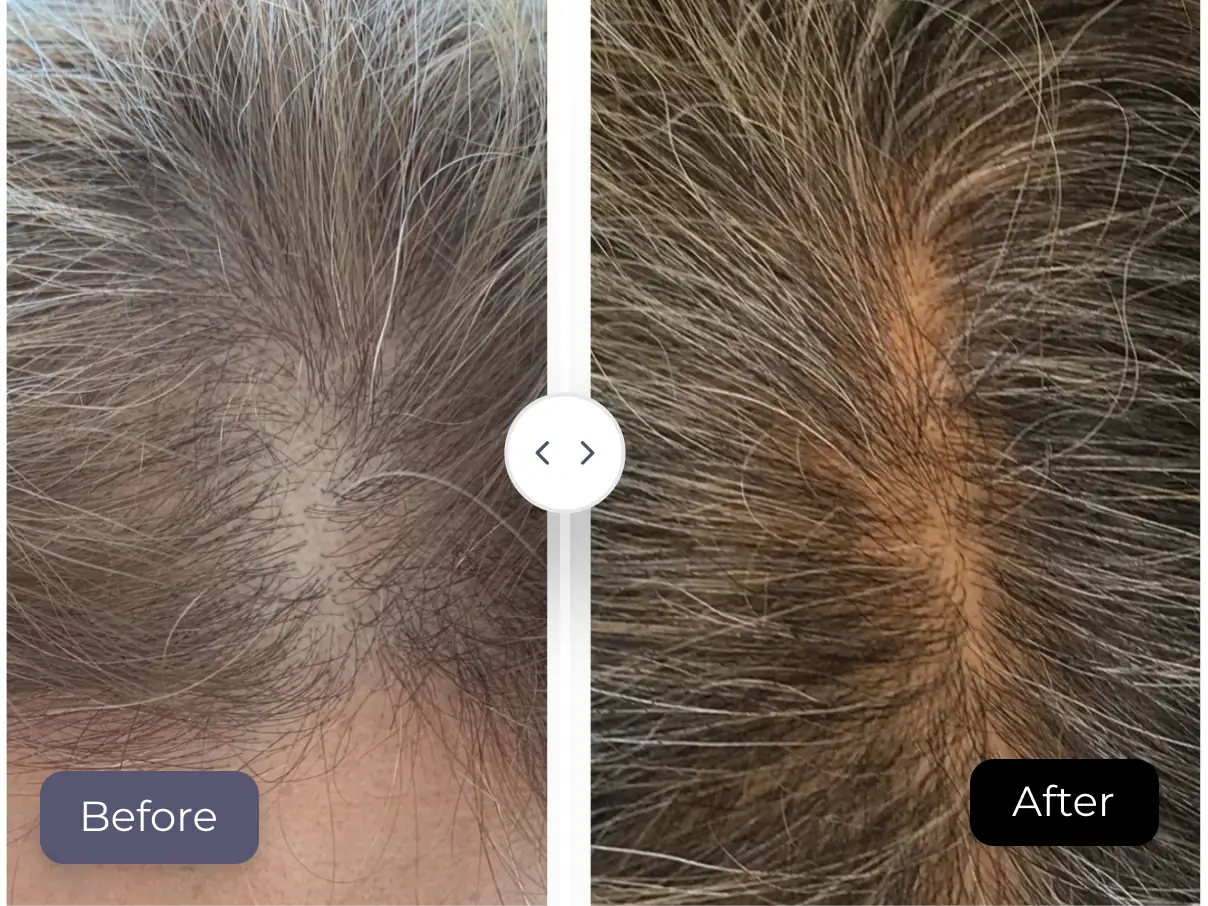The science of platelet-rich plasma (PRP) is to bath cells that need repair and restoration in a healthy, concentrated mixture of blood from your own body. The goal is to stimulate healing in areas where recovery has slowed or stopped altogether. Platelets are the clotting agents in your blood. They are a biological mystery as they are not technically cells or molecules; they are cell fragments. The clotting nature of these platelets allows them to regenerate tissues and accelerate necessary healing processes.
Usages of platelet-rich plasma (PRP)
In the realm of skincare, PRP is a powerful tool for cosmetic repair and anti-aging. Colloquially referred to as a ‘vampire facial’, (Kim Kardashian selfie, anyone?) this treatment microneedles the newly bolstered plasma back into the skin of the face. Different than regular microneedling, PRP is associated with improved and accelerated healing. It is also touted as being a more effective treatment of acne scars.
Benefits of PRP treatment
PRP stimulates collagen production which aids in improved skin texture and tone. Collagen is a protein that keeps our skin plump and youthful looking. For this reason, actively increasing collagen production is an age defying investment in your skin. These treatments also activate the production of elastin, another protein powerhouse for skin radiance. The touted benefits also include reduction is scars, dark circles, and pigmentation from sun damage.

Another groovy benefit of PRP treatment is the ability to target areas that other skin rejuvenation treatments often cannot. Delicate spots like the under-eye region are too soft to use a laser, yet these are places where many people first see signs of aging. The delicacy of the skin in these areas is what contributes to visible aging. It is a sort of an epidermis catch 22 because these places are the hardest areas to access and rejuvenate.
PRP, a treatment made of your own plasma
Unlike other injectable skin plumping agents, PRP is made of your own ‘stuff’. This makes it a relatively natural cosmetic procedure. Using your own blood eliminates the worries of foreign material. There will be no allergies because of the nature of your own plasma. PRP has been highly regarded in the sphere of sports injuries since the ‘70s. A great deal of the evidence is anecdotal, and placebo based. Reliable, randomized controlled trials are still inconclusive and more research is needed to understand the efficacy of different PRP methods.
One area of PRP that has been especially highlighted is the treatment of acne scars. However, caution is recommended for anyone dealing with active or recurrent acne, facial eczema or rosacea, skin radiation, or anyone who has used Accutane. Ask your doctor whether you’re a good candidate for a PRP treatment.
PRP treatment with long lasting results
If you decide to commit to a PRP treatment, you can expect long lasting results. Once you’re through the recovery time (often 3-4 weeks after the initial three treatments) your results should last between 12 to 18 months. Be aware that the recovery period does vary by person. Some people claim to look and feel fine after just one day, while others are still healing five days later. Healing side effects can include burning, swelling, dryness, puffiness, and redness.
What to do to prepare for a PRP treatment?
These treatments are encouraged in a series of treatments and repeated at least once a year ongoing to continuously improve your skin and combatting the signs of aging. To prepare for a treatment, take care to avoid excessive sun exposure, stay as hydrated as possible, and arrive with a bare face.






